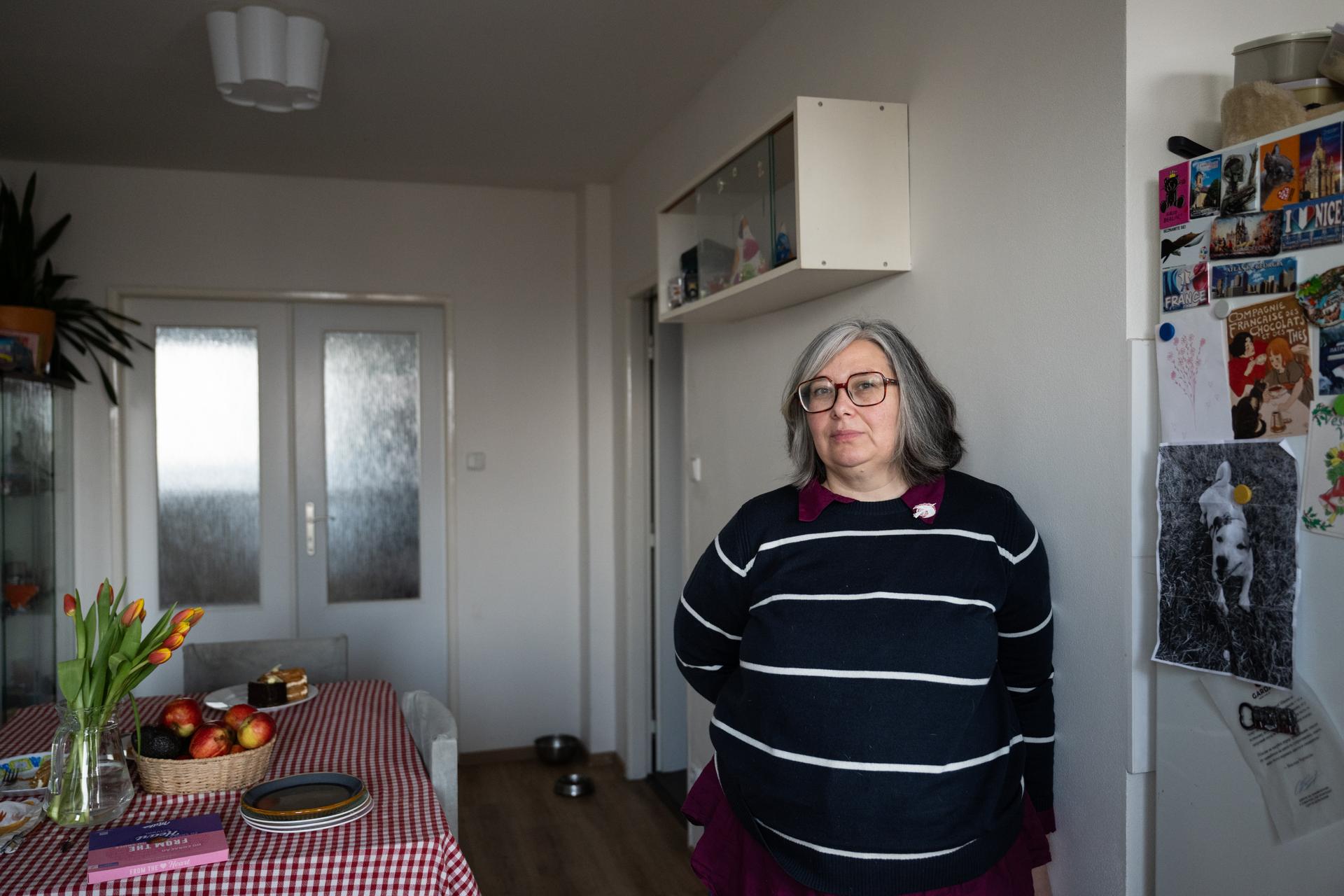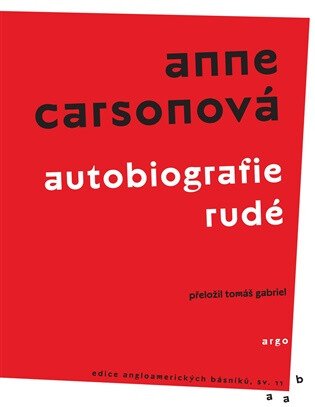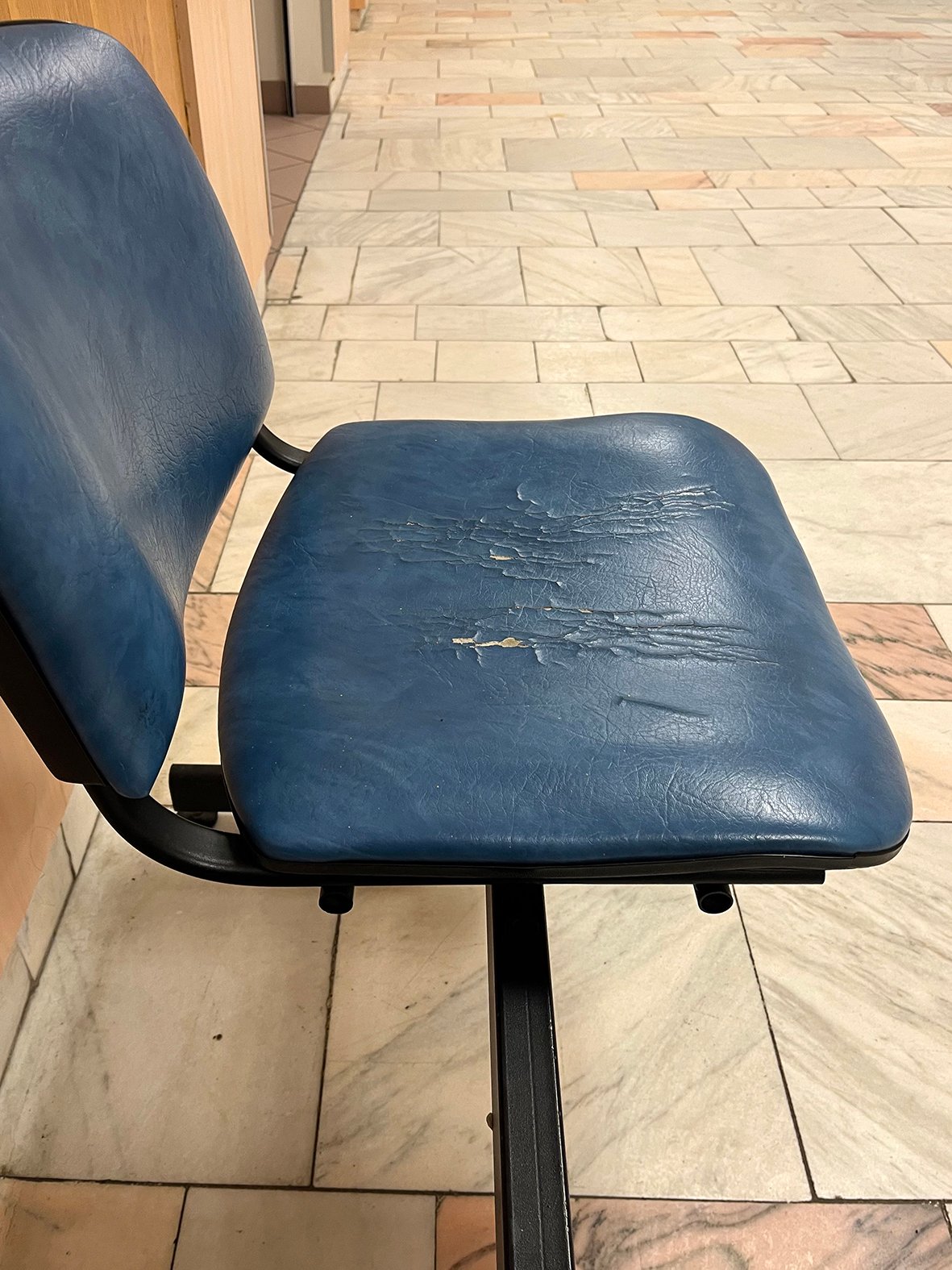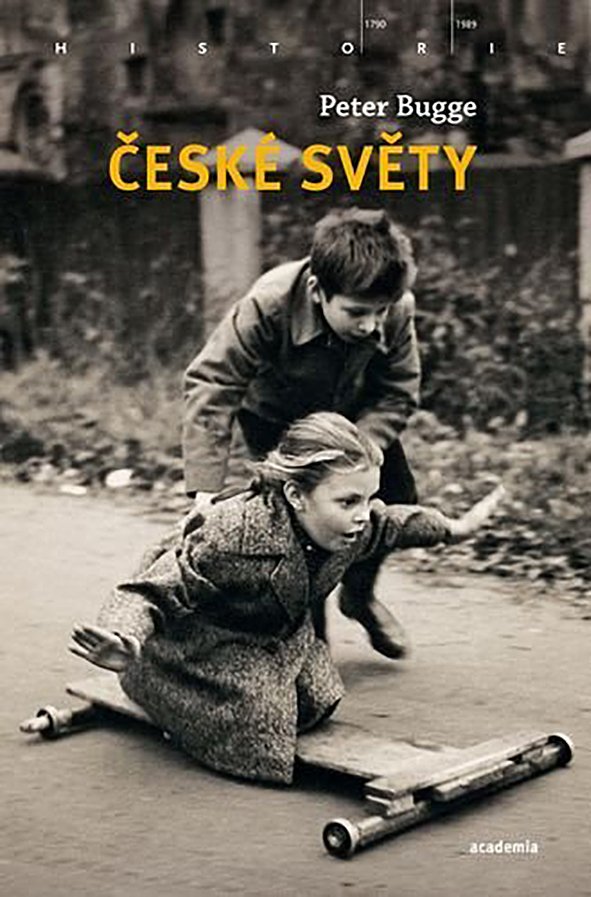Hello, how are you?
Czechs seem to think Americans are always happy but the reality is that Americans usually just pretend to be happy
Many years ago during the time of cowboys and Indians, American settlers living on the frontier had to rely on each other for survival. They held communal barn-raisings and potluck suppers that involved the whole community in order to sustain themselves on the desolate land. At the time, the national government was remote and uninvolved, so local self-government became a treasured American tradition out of necessity. Therefore, Americans have grown to be exceptionally trusting, open, and sometimes overly friendly people who strike up conversations with strangers on the street.
Here in the Czech Republic, the Czechs have never known for sure whom they can trust, given that they have grown accustomed to being surrounded by informers living in their apartment buildings and running their local shops. Considering the country’s past, it is understandable that the Czechs have been forced into becoming private individuals who keep to themselves. To be clear, Czechs today have never allowed the hardships their relatives and themselves experienced in the last century to allow them to become a defeated people. They are people who can bounce back from anything.
The pride Czechs take in their simple accomplishments and achievements is refreshing in comparison to a country like America that constantly assumes they are the best without contest. It is impossible to ignore the stark contrast visible between the social behaviors of a Czech and American individual. Czechs seem to think Americans are always happy but the reality is that Americans usually just pretend to be happy even when they are not because that is what is expected. It is only acceptable to express any negative feelings to close friends and family while maintaining a happy facade for the public. Alternately, if a Czech were having a bad day, why should they take the time insist they are not?


Because of my Czech-American upbringing, I have been given the opportunity to experience and absorb the two cultures as I was growing up. While in America, I often feel too Czech to fit in but when I am in the Czech Republic, I feel too American. Among Americans I may come across as detached or emotionless but when surrounded by Czechs, showing an “American” amount of emotion is seen as phony or even insincere. Simply put, a Czech individual does not appreciate polite chatter the way an American does. Is it because they see through it or are they being rude? It is unclear.
This contrast of competing cultures has often led to personal confusion. When am I finally going to figure out that one must offer Czech houseguests refreshments at least five times before they finally allow themselves to accept? In America, it is expected that when visiting someone’s house, a visitor should ask for a cup of coffee if that is what he or she desires. From cultural norms to every day activities, life could not be more different in the two nations. I will never forget the famous story of when my American mother was told to stop smiling like a “debil” and frown when getting her picture taken by a Czech. It really is a puzzle for everyone to figure out the right way to behave.
In America, the phrase “Hello, how are you?“ has become a meaningless, ritualistic phrase to which the non-negotiable scripted answer is always “Fine” or even “Great!“ So meaningless, in fact, that the inquisitor often doesn't wait for the response. They are simply following a script instead of inquiring because they are genuinely interested. Meanwhile, when Czechs ask how another is doing, they respond honestly with a thoughtful answer that includes their actual, sincere feelings. If an American received a response about how someone was doing that exceeded five seconds, they would immediately feel uncomfortable and wonder about the persons emotional stability.
This leads to yet another divergent element of the two cultures. A second common phrase among Americans is: “Let’s get lunch!“ Any American would mention this to an acquaintance without thinking for a second that there is any real intention behind it. It is simply a way to politely end a conversation in America. If someone were to say to a Czech that they should open-endedly “get lunch,“ they should expect a phone call the next day asking when and where they should meet.
An American is likely to be friendly with anyone they meet, whether it is with passersby on the street or strangers in line at the grocery store. A Czech is wary of forming what seem to be empty relationships with people. I believe that this is because Americans feel forced into attempting to befriend everyone they meet to avoid coming off as unfriendly, even if there is no real friendship behind it. Meanwhile, Czechs take a more straightforward path and feel no obligation to impress people they will never see again.
While one may argue that the Czechs are being cold-hearted, their approach is far more reasonable and honest. To a Czech, a friend is a real, reliable person in their lives who can drop by their house unannounced anytime. To an American, a friend could be considered anyone from your closest friend since kindergarten to the man who delivers your mail once a week.
Pokud jste v článku našli chybu, napište nám prosím na [email protected].










